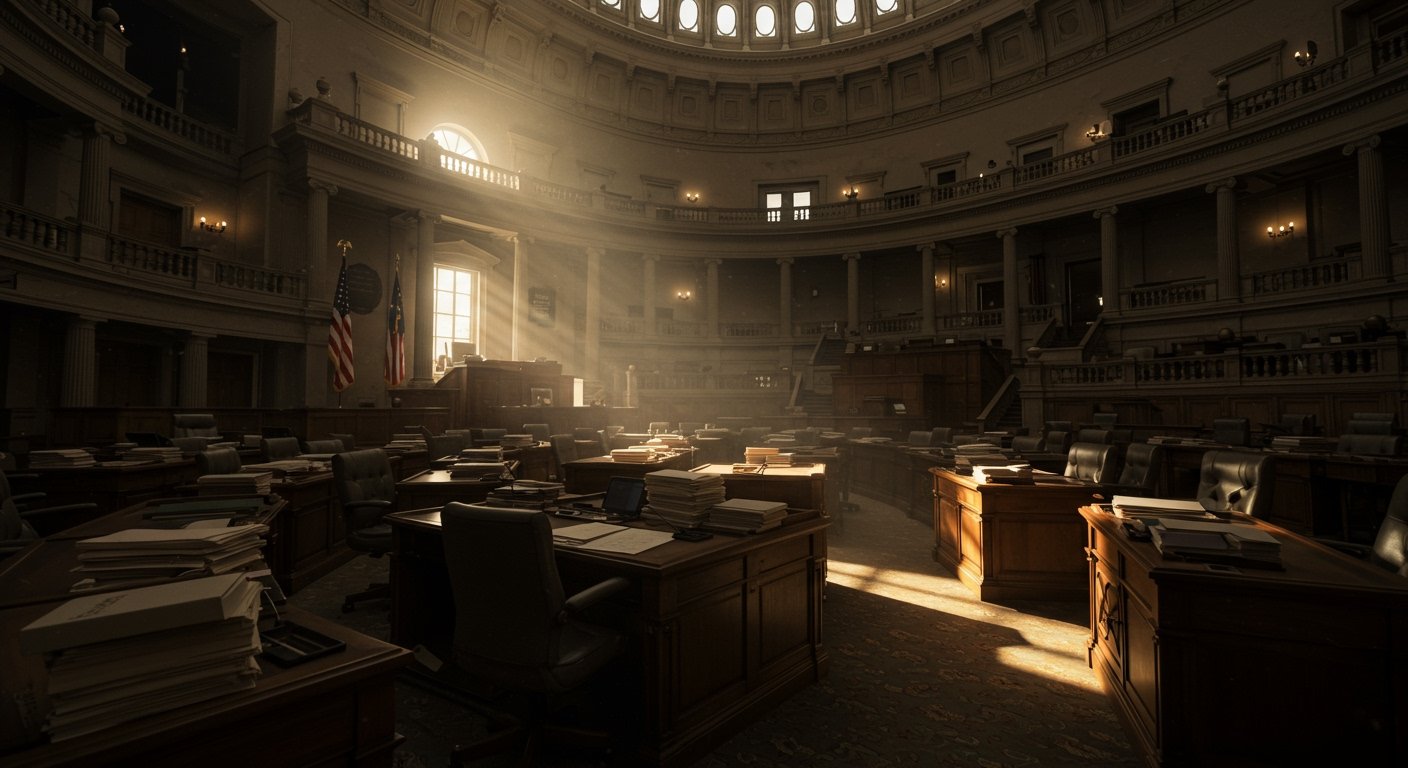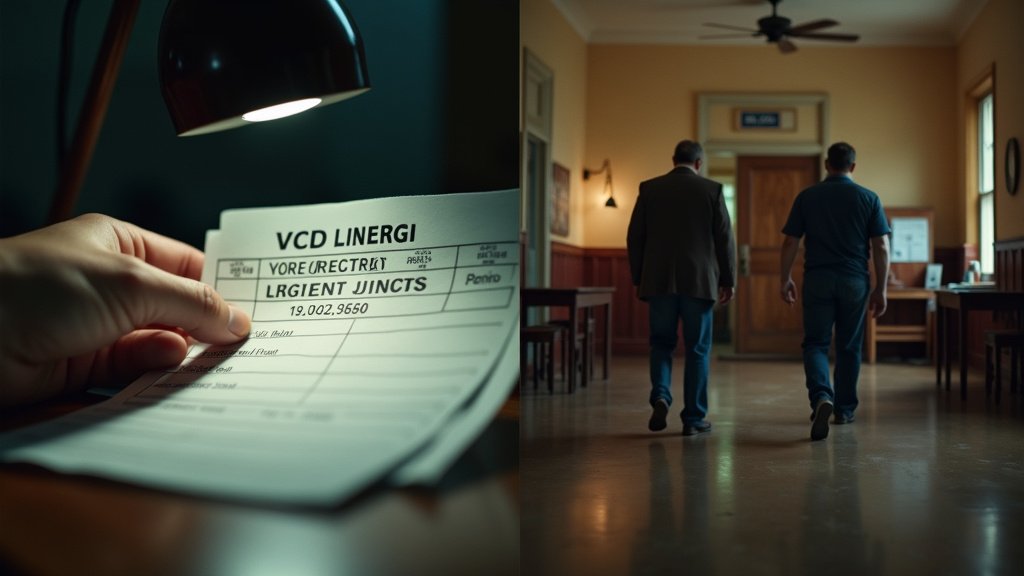Austin, Texas – Governor Greg Abbott has directed the Texas Legislature to convene for a special session beginning on Monday, July 21, following a significant number of bill vetoes from the recently concluded 89th Regular Legislative Session. The executive order calls lawmakers back to the state capital in Austin to address specific legislative priorities that were not enacted during the regular session or were subsequently rejected by the Governor.
The move comes after Governor Abbott exercised his veto power on 28 bills, impacting various aspects of state law and appropriations. While the regular session saw the passage of numerous pieces of legislation, the Governor’s prerogative to sign, veto, or allow bills to become law without signature has set the stage for this extraordinary session.
The forthcoming 30-day special session has an initial agenda focusing on six distinct pieces of legislation. These bills, which were either vetoed by the Governor or passed the legislature but were not signed into law, cover a range of topics from agricultural regulation to judicial administration.
Initial Legislative Agenda Detailed
The Governor’s call for the special session specifically identifies six bills for immediate consideration. These items represent areas where the administration believes further legislative action is necessary or where previous legislative efforts require revisiting.
One prominent item on the agenda is Senate Bill 3, a measure concerning the regulation of hemp products and hemp-derived cannabinoids within the state. This bill’s veto by Governor Abbott was notably contrary to the expressed wishes of Lieutenant Governor Dan Patrick, highlighting a point of contention within state leadership regarding the regulatory framework for this industry.
Also included is Senate Bill 648, which pertains to recording requirements for instruments related to real property. This legislation is expected to address procedural or substantive issues impacting property transactions and record-keeping.
Water infrastructure and development are addressed through Senate Bill 1253. This bill relates to impact and production fees associated with water projects, a topic of significant importance given Texas’s growing population and water resource management needs.
Addressing Vulnerable Populations and Industry Concerns
The agenda also includes legislation aimed at protecting vulnerable individuals. Senate Bill 1278 is listed, which concerns the establishment of an affirmative defense for victims of trafficking. This measure seeks to provide legal protections for individuals who have been exploited through human trafficking.
Addressing potential conflicts between industrial operations is another item, represented by Senate Bill 1758. This bill concerns the operation of a cement kiln and aggregate production near a semiconductor facility. The inclusion of this bill suggests a need to balance traditional industrial activities with the development of high-tech manufacturing sectors within the state.
Finally, the initial call includes Senate Bill 2878, a bill related to the administration and procedures of the judicial branch. This legislation likely aims to streamline court operations, address administrative challenges, or modify procedural rules within the state’s court system.
Governor’s Authority to Expand Agenda
It is important to note that the Governor’s initial call outlines the topics for the start of the special session, but it is not necessarily exhaustive. Governor Abbott retains the ability to add more items to the special session call list at any point during the 30-day period. This flexibility allows the administration to respond to new developments or introduce additional legislative priorities as the session progresses.
Legislators returning to Austin will face the challenge of tackling these specific issues within the constrained timeline of a special session. Special sessions are typically focused and intense, requiring lawmakers to quickly negotiate and pass legislation on the designated topics. The success of the session will depend on the ability of the House and Senate to find consensus on these potentially complex and previously unresolved matters.
The special session, commencing on Monday, July 21, represents Governor Abbott’s effort to ensure key legislative priorities are addressed following the extensive list of vetoes issued after the 89th Regular Legislative Session. The initial focus on these six distinct bills sets the stage for potentially significant policy debates and outcomes over the next 30 days in Austin.






